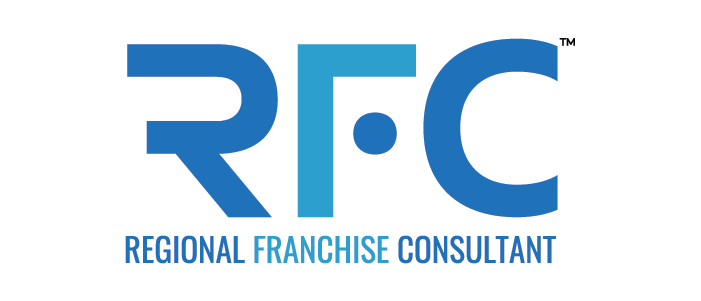NEO POLITAN PIZZA
- Industry Type


Elevate your online presence with R2G's expert web design services, where creativity meets functionality to ensure your website is both visually captivating and user-friendly.
Unlock the power of persuasive communication with R2G's expert content writing services. Our words are your brand's voice, driving success through impactful storytelling.
Elevate your visual storytelling with R2G's professional video editing services. We turn raw footage into cinematic masterpieces that captivate and leave a lasting impression.
Unleash the full potential of your online presence with R2G's expert digital marketing strategies. We specialize in crafting tailored campaigns that engage, convert, and elevate your brand.
Regional to Global is World's Leading Complete Franchise Solution Provider and an Absolute Expert on Franchising and Licencing. Hundreds of Investors have Benefited From Regional to Globe's Assistance In Choosing the Correct Franchise, and Other Organisations have Benefited From its International and Domestic Franchise Expansion. Regional To Global's Important Ingredients are Knowledge, Opportunity, Network, And Success.
Is Regional To Global a 'business for sale' website?
Yes and no. Yes, because we have sell side profiles of businesses which are seeking a takeover. And no, because we are not a classifieds website, but a private network of members.
What is Business Valuation?
Business valuation is process whereby a fair value of a company is arrived at using one or more of the valuation methodologies.
Can businesses / investors from any country register on Regional To Global?
Regional To Global is a global platform with businesses and acquirers / investors from across the globe. Businesses and investors from any country or industry can register on Regional To Global. The only pre-requisite is that the business needs to be a registered entity with the Government and should be able to produce proof of the same when required and investors should be working in a company or if self employed must be able to produce proof of business.
Should I use Regional To Global instead of an advisor?
You should use Regional To Global to gain qualified leads from large network of investors, buyers, lenders and advisors from across the globe. You may also want to connect with suitable advisors on Regional To Global who can help negotiate and close your deal.

Godhra

Godhra

Prantij ( himmatnagar )

Patan

Patan

Sodawala

USA - MANCHESTER

PRATAPGADH

PRATAPGADH

Jalna - Maharastra

Jalna - Maharastra

Gandhinagar

Gandhinagar

Investing in a franchise can be a lucrative way to start a business with the backing of a proven brand and system. However, choosing the right franchise requires careful consideration and due diligence. Here are essential tips and tricks for investors looking to make an informed decision.
1. Self-Assessment: Know Your Goals and Skills
2. Research Potential Franchises
3. Understand the Costs
4. Evaluate Support and Training
5. Analyze the Market
6. Speak with Existing Franchisees
7. Legal and Financial Advice
8. Prepare a Business Plan
9. Consider the Brand’s Future
10. Trust Your Instincts
Choosing the right franchise requires thorough research, careful planning, and professional advice. By following these tips and tricks, investors can make informed decisions that align with their goals and increase their chances of success in the franchising world. Remember, a well-chosen franchise can provide a solid foundation for a profitable and fulfilling business venture.



























